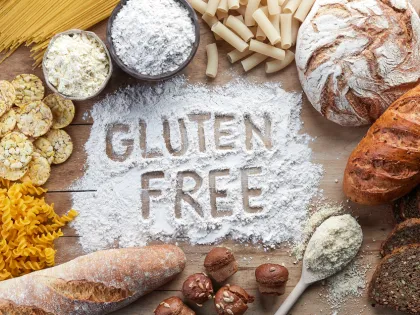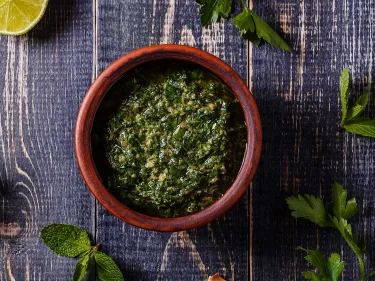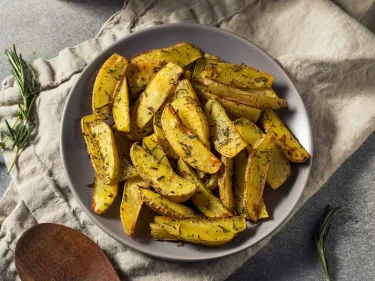Serves = 4
For the hummus base:
- 200g tub hummus
- 1 Tbsp tomato paste (no added salt)
- 2 cloves garlic, minced
- 2 tsp dried oregano
- 1/4 cup nutritional yeast (optional, but adds cheesy flavour)
For the pizza:
- 2 wholemeal Lebanese wraps
- 1 eggplant
- 1 zucchini
- 1 red capsicum
- 1 tsp EVOO
- 1/2 bunch basil, leaves picked
- 1/3 cup kalamata olives, pitted
- 1/3 cup marinated artichoke hearts











